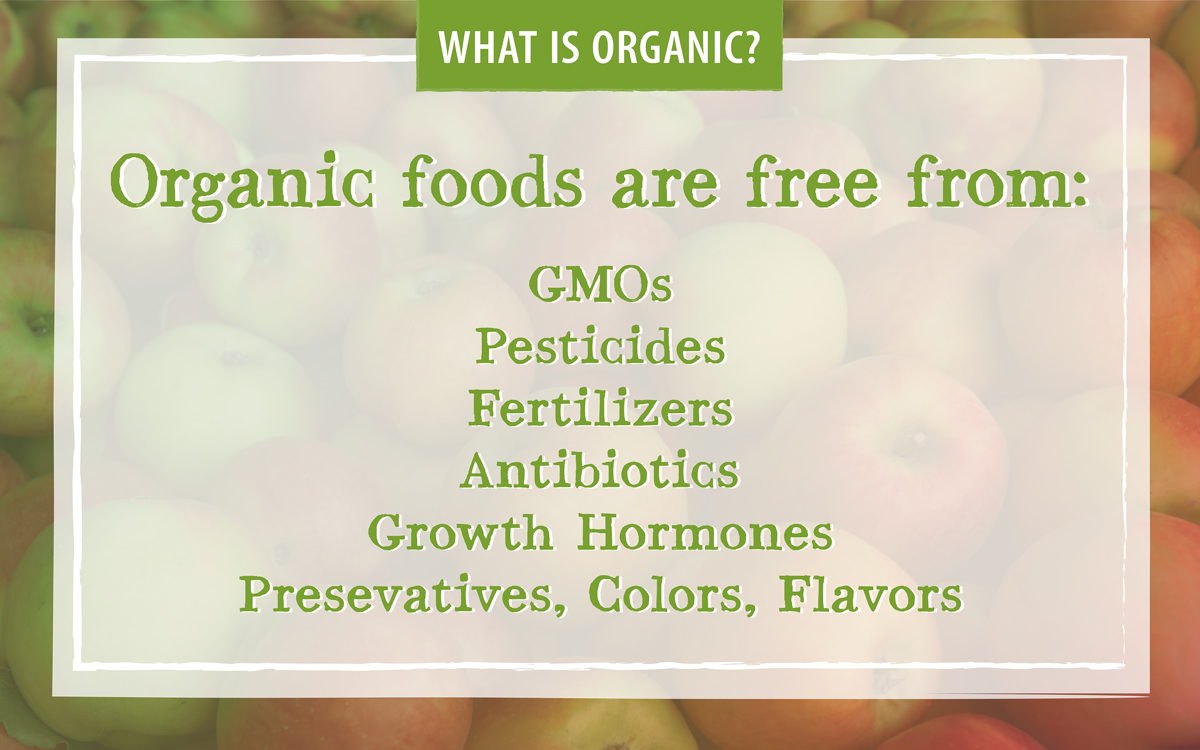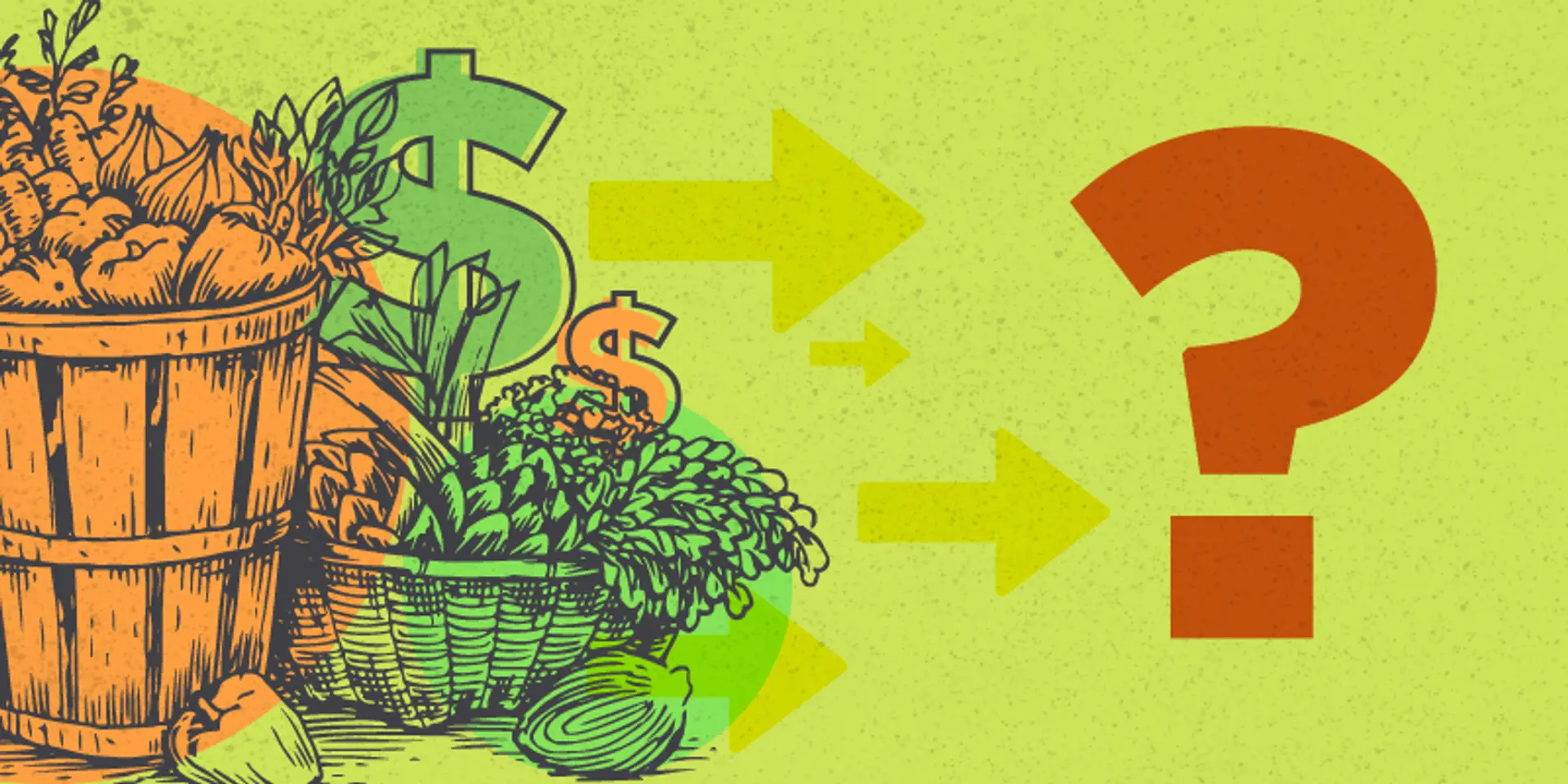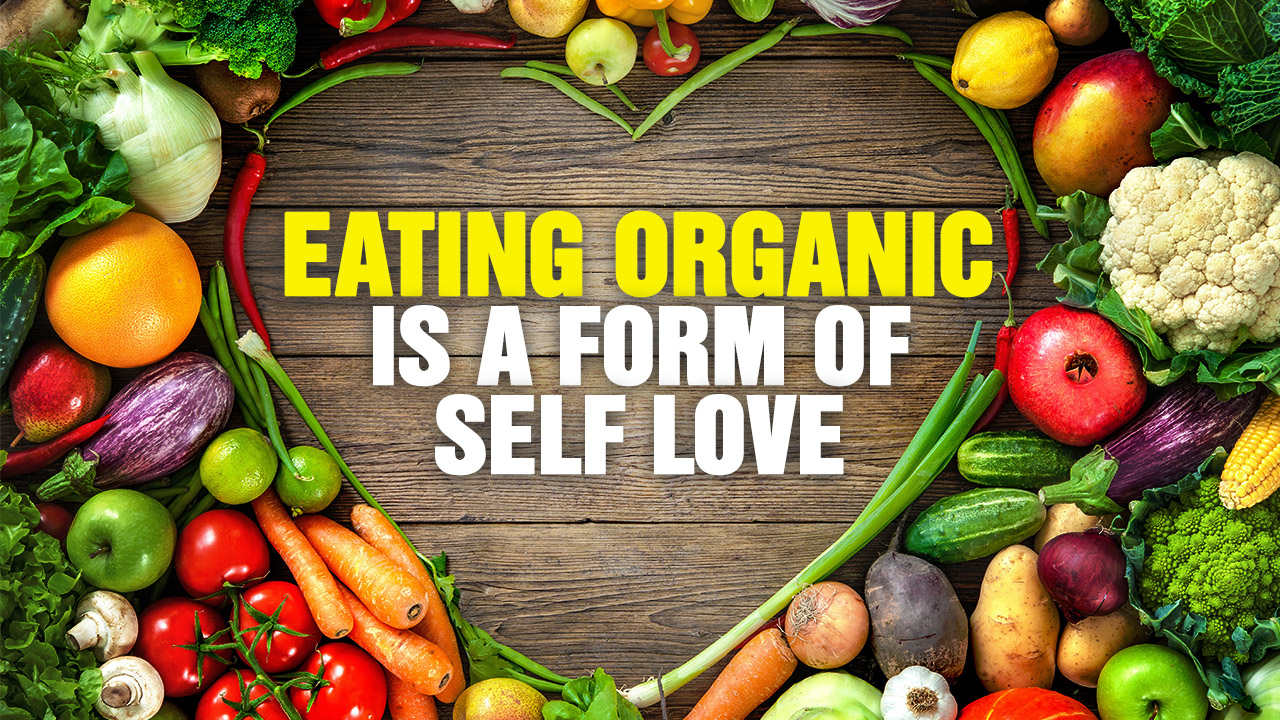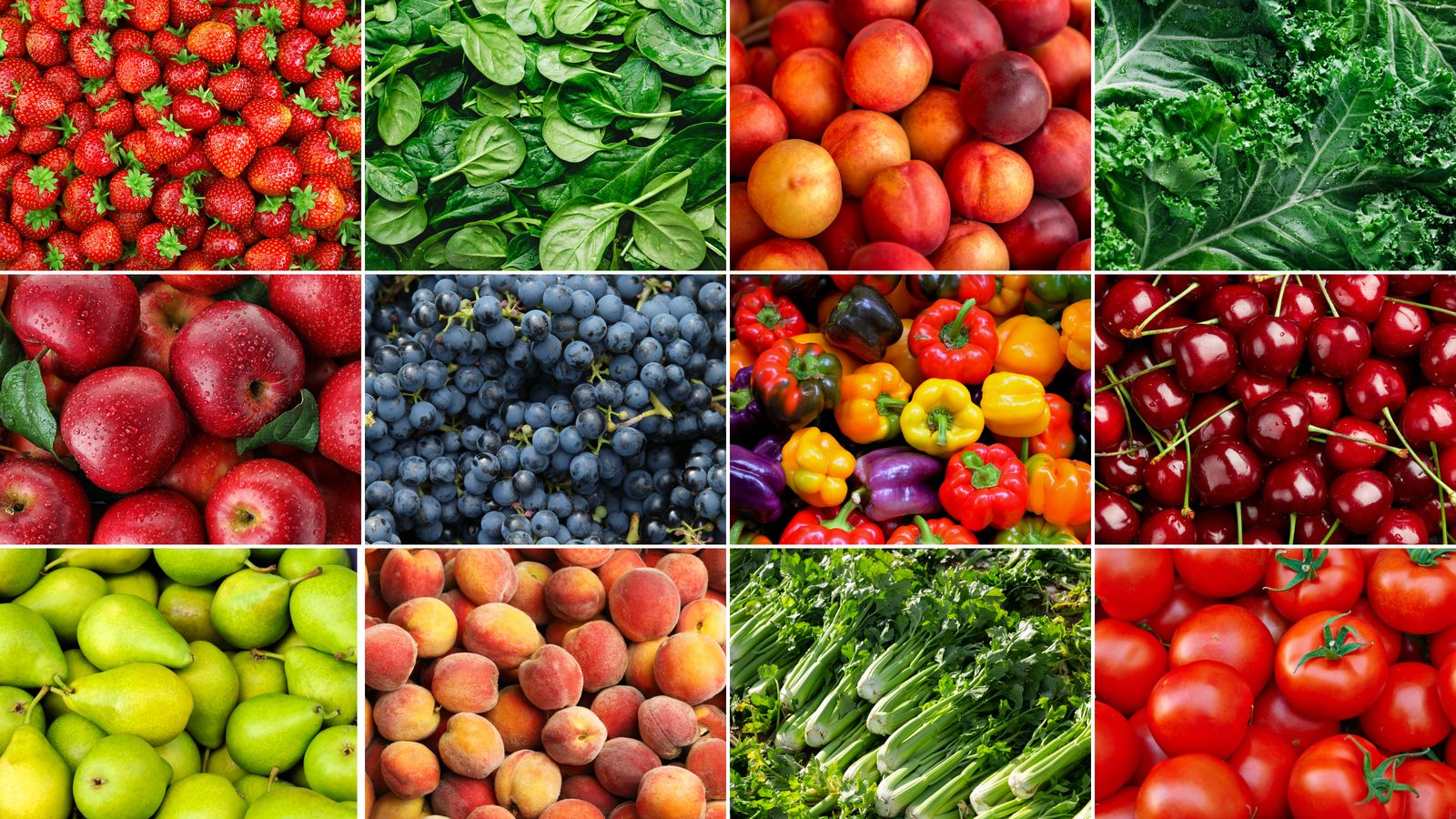In today’s health-conscious world, organic food has become more than just a trend—it’s a lifestyle choice that many consumers are making. But is organic food really better, or is it just a marketing gimmick to make you spend more money?
Let’s analyse organic food in further detail and find the information you need to make an informed choice.
What Does “Organic” Really Mean?

Organic food is produced through farming methods that prioritize environmental sustainability and avoid synthetic chemicals. The United States Department of Agriculture (USDA) sets strict standards for organic certification, which include:
- No synthetic pesticides
- No artificial fertilizers
- No genetically modified organisms (GMOs)
- No antibiotics or growth hormones in animal products
- Emphasis on sustainable farming practices
The Nutritional Breakdown: Organic vs. Conventional
Nutrient Content
Research from Stanford University’s meta-analysis reveals some interesting insights:
- Organic produce contains slightly higher levels of antioxidants
- Protein and fat content remain relatively consistent between organic and conventional foods
- Vitamin levels show minimal differences
Pesticide Exposure
A comprehensive study published in the Journal of Agricultural and Food Chemistry found that:
- Organic produce contains 30% fewer pesticide residues compared to conventional produce
- Children consuming organic diets show significantly lower pesticide levels in their blood
Cost Considerations: Is the Premium Justified?

Organic food typically costs 10-50% more than conventional alternatives. Here’s a breakdown of why:
- Higher production costs
- More labor-intensive farming methods
- Lower crop yields
- Stricter certification processes
- Limited economies of scale
Environmental Impact

Organic farming offers substantial environmental benefits:
- Reduces soil erosion
- Decreases water contamination
- Promotes biodiversity
- Lowers carbon footprint
- Supports local ecosystem health
Health Implications

While the debate continues, several studies suggest potential health advantages:
- Reduced exposure to harmful chemicals
- Lower risk of antibiotic-resistant bacteria
- Potential long-term health benefits from decreased pesticide consumption
Making Smart Organic Choices
Prioritize Strategically

Not all vegetables need to be bought organic. Focusing on the “Dirty Dozen”—produce with the greatest levels of pesticide residues—is advised by the Environmental Working Group.
- Strawberries
- Spinach
- Kale
- Nectarines
- Apples
- Grapes
- Bell and hot peppers
- Cherries
- Peaches
- Pears
- Celery
- Tomatoes
Budget-Friendly Tips
- Buy seasonal organic produce
- Shop at local farmers’ markets
- Consider frozen organic options
- Grow your own herbs and vegetables
- Join community-supported agriculture (CSA) programs
The Bottom Line
Organic food isn’t a magic solution, but it offers tangible benefits for your health and the environment. The choice ultimately depends on your personal priorities, budget, and health goals.
The Final Note
Reduced exposure to pesticides, environmental sustainability, and possible health benefits are just a few advantages of eating organic food. However, switching to entirely organic food isn’t usually required due to its higher cost and negligible nutritional differences from conventional food.
Instead, making calculated decisions—like giving organic fruit priority over that with the highest pesticide content—can help strike a balance between financial concerns and health advantages. The choice to purchase organic should ultimately be in line with your financial freedom, health priorities, and personal values.
Making the greatest decision for you and your family requires knowledge, regardless of whether you choose to mix and match or go entirely organic.
Frequently Asked Questions
Q: Is organic food completely pesticide-free?
A: No, organic farming allows certain natural pesticides. However, synthetic chemical pesticides are prohibited.
Q: Are organic processed foods healthier?
A: Not necessarily. Organic cookies or chips are still processed foods and should be consumed in moderation.
Q: Can I wash away pesticides from conventional produce?
A: Washing helps reduce residues but doesn’t eliminate all chemical traces.






